
LB Private Equity Elite
Supported by the Association of Corporate Counsel


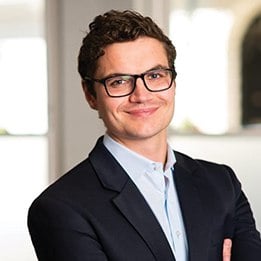

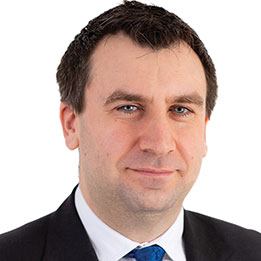

Partner, chief risk officer, head of EMEA and global general counsel for Investments | Carlyle


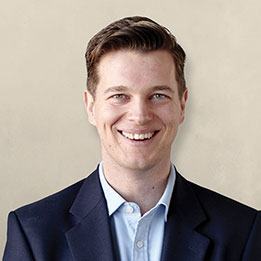


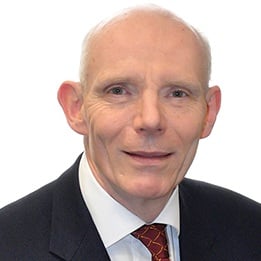

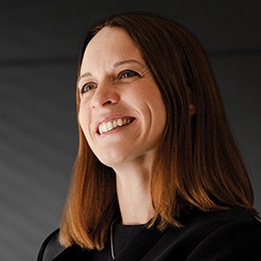

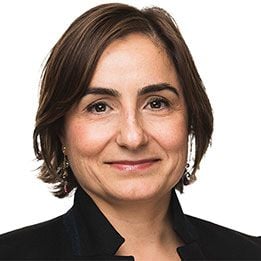
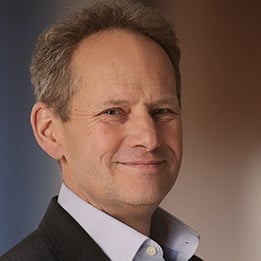
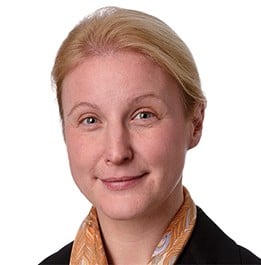
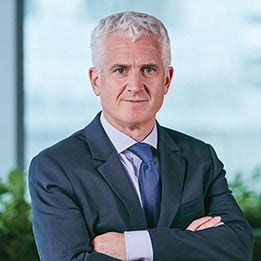
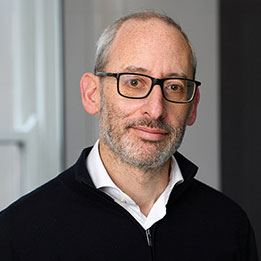




What does it take to run the legal team in one of the most profitable deal shops in the world? After months of discussions with private equity and leveraged finance partners at the leading law firms in London as well as a host of in-house lawyers, Legal Business has come up with the definitive list of the top London-based private equity GCs, with 24 making the grade.
On 26 February, Legal 500 returned to Lagos to launch the latest edition of the GC Powerlist: Nigeria, hosted at the exclusive Metropolitan Club and attended by more than 100 senior in‑house lawyers from across the country. The evening brought together many of Nigeria’s most influential corporate counsel for a programme that blended recognition, thought leadership and high‑level networking in a setting that reflected the prestige of the series. Honourees were celebrated for the impact they have made within their organisations, their contributions to the wider legal ecosystem and their ability to drive innovation and strategic value across sectors ranging from finance and energy to technology and consumer markets.
The event opened with remarks from David Freeman, Global Business Development Manager at Legal 500, who spoke about the significance of the GC Powerlist in Nigeria and the evolving role of in‑house counsel as strategic leaders. He highlighted the growing influence of general counsel in shaping governance, regulatory engagement and business transformation, setting a purposeful tone for the evening.
The programme continued with insights from two distinguished speakers. Adedoyin Afun, Partner at Bloomfield, offered a forward‑looking analysis of Nigeria’s regulatory and transactional landscape, noting the increasing pressures and opportunities facing in‑house teams as they navigate compliance shifts, cross‑border transactions and the expectation to operate as commercial partners. He was followed by keynote speaker Angela Omo‑Dare, retired General Counsel of Stanbic IBTC Group, whose reflective address on leadership, ethics and the long‑term development of legal teams resonated strongly with the audience. Drawing on her extensive career, she underscored the GC’s role as an ethical steward, culture‑shaper and trusted adviser to senior leadership.
After the formal proceedings, guests enjoyed dinner and continued discussions on emerging trends shaping the Nigerian legal landscape, from regulatory reform and investment flows to legal operations and talent development. The atmosphere remained warm and engaged throughout, reinforcing the sense of community that has become synonymous with the GC Powerlist.
Overall, the GC Powerlist: Nigeria 2026 launch event ultimately reaffirmed Legal 500’s commitment to celebrating and elevating the work of general counsel in one of Africa’s most dynamic markets. With its combination of high‑calibre speakers, strong industry representation and meaningful recognition, the event stood out as a defining moment in the 2026 calendar and further strengthened the platform’s role as a convening force for leadership and professional excellence within Nigeria’s in‑house legal community.
Legal 500 extends its sincere thanks to Bloomfield Law for its invaluable support of this year’s publication.